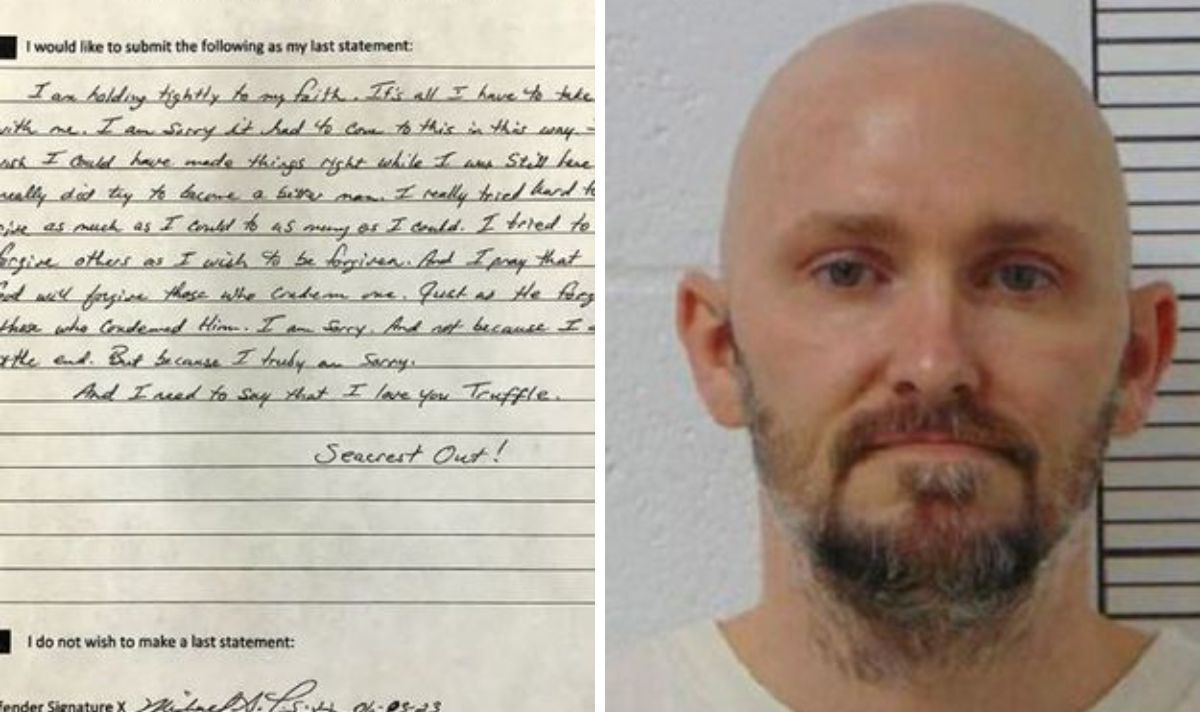The model Naomi Campbell has been banned from being a charity trustee after a watchdog investigation uncovered widespread evidence of financial misconduct at the poverty relief charity she fronted for more than a decade. Campbell was disqualified for five years after a Charity Commission inquiry found Fashion For Relief passed on only a tiny fraction of the millions it raised from star-studded celebrity fashion events to good causes.
The inquiry report uncovered a history of shambolic financial management and chaotic record-keeping at the charity, which was finally wound up in March. The Charity Commission’s assistant director for specialist investigations and standards, Tim Hopkins, said: “Trustees are legally required to make decisions that are in their charity’s best interests and to comply with their legal duties and responsibilities. Our inquiry has found that the trustees of this charity failed to do so, which has resulted in our action to disqualify them.
This inquiry, and the work of the interim managers we appointed to run the charity in place of the trustees, has resulted in the recovery of £344,000 and protection of a further £98,000 charitable funds. I am pleased that the inquiry has seen donations made to other charities which this charity has previously supported.”
The regulator opened a proactive compliance visit and inspection into Fashion for Relief in September 2020 in light of information in the charity’s annual return for the year ending 5 April 2018. At the time, it identified governance and financial regulatory concerns at the charity and issued an action plan in March 2021 to address failings in governance and management.
However, following a review of the trustees’ response to the plan and obtaining further information, the commission opened a statutory inquiry into the charity in November 2021. Today, the regulator announced that it had found “multiple instances of misconduct and/or mismanagement” and disqualified three people from trusteeship – Campbell for five years, lawyer Bianka Hellmich for nine years and businesswoman Veronica Chou for four years.
Fashion for Relief was founded by Campbell in January 2015 to relieve poverty and advance health and education by making grants to charities or other organisations and giving resources to those affected. It was removed from the charity register on 15 March 2024, mid-investigation.
During its inquiry, the commission looked at whether the trustees had properly exercised their legal duties and responsibilities under charity law in the administration of the charity. It found several failures by the trustees, including failure to comply with the charity’s constitution, with no meeting minutes recorded prior to the action plan.
The regulator found that between April 2016 and July 2022, Fashion for Relief only spent 8.5% of its overall expenditure on charitable grants. There were also times when the charity incurred significant costs of travel and accommodation, the inquiry found. For instance, the charity spent €14,800 on a flight for one trustee and major donor for a fundraising event in France and failed to demonstrate “how incurring this expenditure was reasonable, appropriate and in the charity’s best interests”.
The regulator found that the trustees “failed to manage the charity’s limited resources appropriately and ensure that there was a sufficient balance to meet the professional fees and charges which the trustees incurred”. In September 2021, the balance of funds held in the name of the charity was £106,692. On 13 January 2022, the commission authorised a payment of £8,640, reducing the known balance to £98,052.
The regulator said various payment requests, including for legal fees and PR services, were subsequently submitted for authorisation, and that if these had been authorised, “it would have left the charity with a small cash balance (under £1,000)”.
Other findings include unauthorised payments of £290,572 to Hellmich between 31 July 2018 and 31 July 2020 in consultancy fees (excluding expenses) and failure to manage partnership arrangements with Save the Children Fund and the Mayor’s Fund for London among others.
In addition, the regulator found that the trustees had experienced difficulties in opening and operating a bank account in the charity’s name since its registration and that one bank account had been opened on behalf of the trustees but never used. “As a result of this the trustees didn’t have direct access to the charity’s funds which put the charity’s assets at risk,” the regulator said. “Instead, the charity’s funds were held and applied by regulated professional advisors (solicitors and accountants) on behalf of the charity.”
Tim Hopkins, deputy director for specialist investigations and standards at the Charity Commission, said: “Trustees are legally required to make decisions that are in their charity’s best interests and to comply with their legal duties and responsibilities.
Our inquiry has found that the trustees of this charity failed to do so, which has resulted in our action to disqualify them.
This inquiry, and the work of the interim managers we appointed to run the charity in place of the trustees, has resulted in the recovery of £344,000 and protection of a further £98,000 charitable funds.
I’m pleased that the inquiry has seen donations made to other charities which this charity has previously supported.”



















